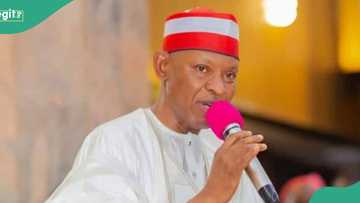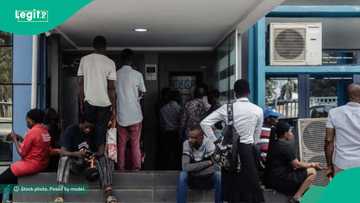From Radio to TikTok: How Social Media Changed Nigeria’s Independence Day Celebrations
On October 1st, 1960, Nigeria officially broke free from British colonial rule, a day now being celebrated as its Independence Day. The day’s activities were marked with various activities, like the raising of the green-white-green flag, for the very first time at midnight in Tafawa Balewa Square.
In 1960, Nigerians celebrated their independence with music, parades, and heartfelt patriotism, which had now formed part of our history.
Fast forward 65 years, and Independence Day now feels completely different, especially with the advent of social media.
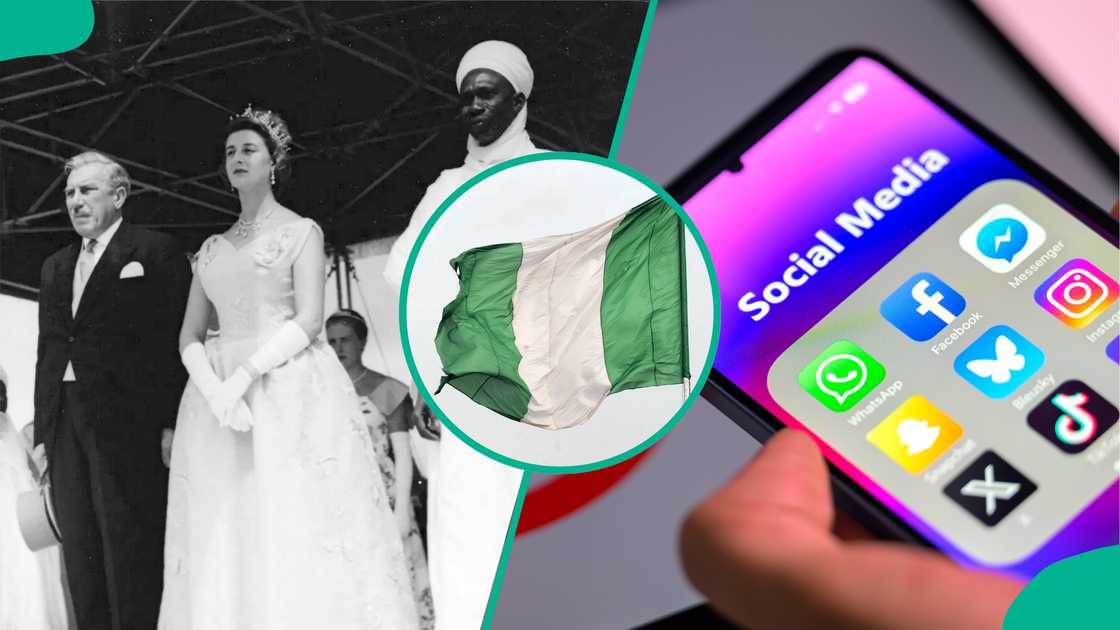
Source: TikTok
Social media has transformed October 1st into a global digital carnival, filled with hashtags, memes, TikTok videos, and live-streamed events.
What was once limited to radios and word of mouth is now instantly broadcast to millions of Nigerians at home and abroad.
In this article, Legit.ng compares Nigeria’s Independence Day in 1960 with the social-media-driven celebrations of today.
Independence Day activities
While preparing for Independence Day in 1960, anticipation was spread through newspapers, radio programs, and word of mouth.
Nigeria’s first television station, WNTV Ibadan, provided limited coverage, but most people relied on the radio and press to hear about ceremonies and speeches.
In today’s world, Independence buzz begins online, as hashtags like #NigeriaAt65 trend across X (Twitter) and Instagram.
Influencers release themed skits, brands release Independence Day-themed campaigns, and TikTok creators post related photos and videos that convey Nigerian culture.
See this Independence Day-themed post by TikTok creator Jadrolita:
Presidential speeches and parades
In 1960, only those present in Lagos saw it live; others heard about it on the radio or read it in newspapers.
Prime Minister Tafawa Balewa’s moving independence speech was printed in full the next day for Nigerians to read.
With the advent of social media in today’s world, Nigerians get to listen to a live broadcast of the president’s speech on social media, without waiting to read it in newspapers the next day.
Within minutes, clips circulate on X with both praise and criticism, a far cry from the delayed reactions of 1960.
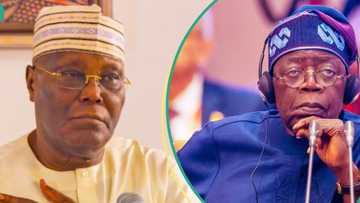
Read also
Nigeria @ 65: Atiku’s aide faults Tinubu’s Independence Day speech, “The fruit is still bitter”
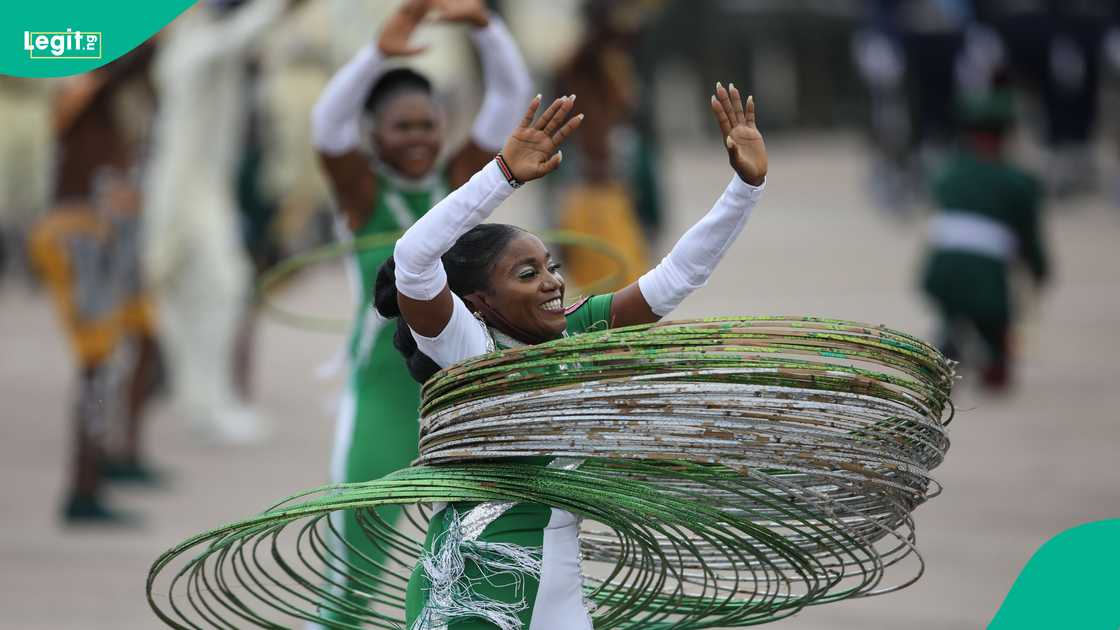
Source: Getty Images
The parade that was once seen as the ultimate symbol of Independence Day celebration was cancelled in 2025, and the announcement quickly got to citizens via social media.
Patriotism vs Criticism
The Independence Day in 1960 presented an atmosphere that was filled with optimism, following Nigeria’s freedom from colonial rule.
Nigerians believed freedom would usher in prosperity and unity, and newspapers echoed the pride and patriotism that came with the day’s celebration.
In today’s world, Nigerians see independence as an avenue to share their thoughts on the current state of the country and protest for better conditions.
Memes and social media commentary reveal both pride in cultural identity and dissatisfaction with economic or social issues.
Read the commentary of former Nigerian vice president, Atiku Abubakar, on Nigeria's 65th Independence Day:
Diaspora involvement
In 1960, Nigerians abroad had limited access to events back home as they relied on letters from family or news from international broadcasting houses.
Today, social media closes that gap as Nigerians in London, New York, or Johannesburg livestream parades, share their own Independence Day parties, and post green-white-green outfits.
The diaspora is part of the same digital conversation as those at home, creating a global Nigerian community online.
Social media has made October 1st more global, interactive, and fast-paced, but it has also given Nigerians a louder voice—one that celebrates culture while holding leaders accountable.
Women who contributed to Nigeria's Independence
Meanwhile, Legit.ng previously compiled a list of historic women who had contributed to the country's freedom, in commemoration of Independence Day.
The article focused on three Nigerian female trailblazers who fought relentlessly: Funmilayo Ransome-Kuti, Margaret Ekpo, and Gambo Sawaba.
Proofreading by Funmilayo Aremu, copy editor at Legit.ng.
Source: Legit.ng

